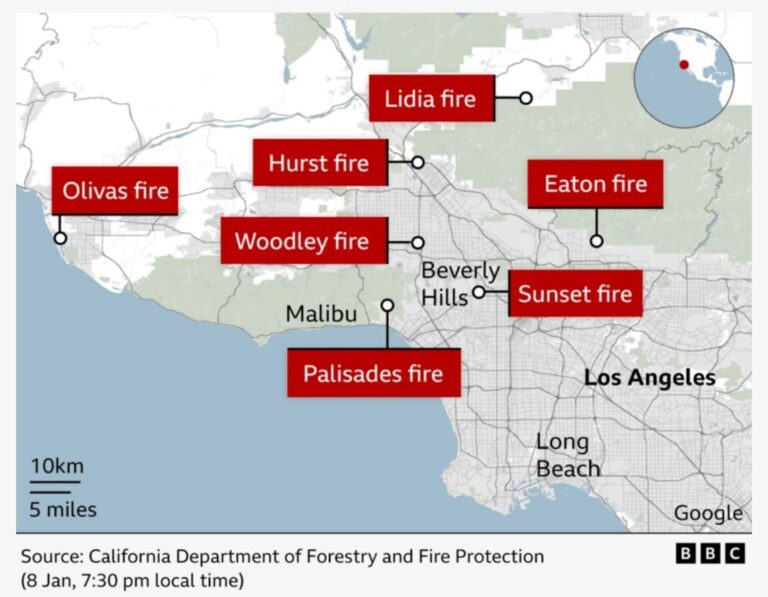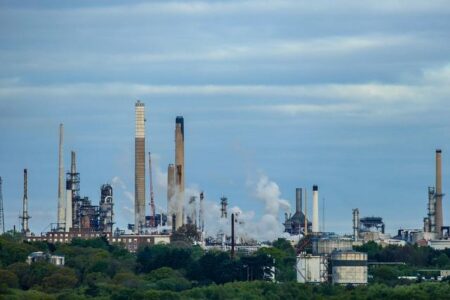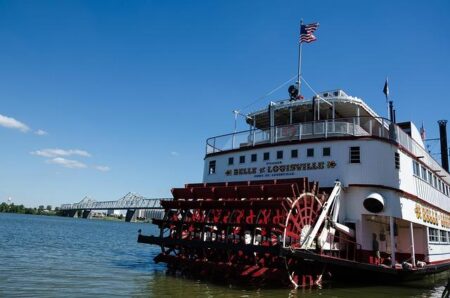Essential Strategies for Successful Insurance Claims After the Los Angeles Wildfires
Decoding Your Insurance Coverage Post-Wildfire Disaster
In the aftermath of the catastrophic wildfires that ravaged Los Angeles, countless homeowners and business proprietors are confronted with the challenge of understanding their insurance policies. It is imperative to meticulously examine your insurance documents to grasp the extent of your coverage. While most standard policies include protection against fire-related damages, particular attention should be paid to provisions concerning temporary housing, business interruption, and additional living expenses.These frequently enough-overlooked clauses can be critical in securing adequate compensation during recovery.
Before initiating a claim, create a extensive list of all damaged or destroyed property, including structural elements and personal belongings. Support your inventory with photographs and receipts whenever possible. Below is an updated summary of typical coverage categories relevant to wildfire claims:
| Coverage Category | Scope of Protection | Common Coverage Limits |
|---|---|---|
| Dwelling Coverage | Repairs and reconstruction of the home structure | Up to the policy’s maximum |
| Personal Property | Contents such as furniture, electronics, and clothing | Typically 50%-70% of dwelling coverage |
| Loss of Use | Costs for temporary accommodation and living expenses | Usually 10%-20% of dwelling coverage |
| Business Interruption | Compensation for income lost during business closure | Varies widely by policy |
- Initiate contact with your insurer immediately to begin the claims process without delay.
- Retain all receipts and documentation related to expenses incurred due to the wildfire.
- Consider hiring a public adjuster if you believe the insurer’s settlement offer is inadequate.
Comprehensive Documentation: Building a Strong Foundation for Your Claim
Once safety is assured, the next critical step is to thoroughly document the damage.Capture high-quality photos and videos from various perspectives, covering all affected areas—from scorched structures to water damage caused by firefighting efforts. Include images of damaged personal belongings, equipment, and inventory.It is essential to timestamp these files or maintain a dated log to establish a clear timeline of the damage. This visual evidence is invaluable in substantiating your claim and accelerating insurer verification.
Beyond visual proof, assembling key documents enhances the credibility of your claim. Organize a dedicated folder—either physical or digital—that contains:
- Your insurance policy documents: Understand your coverage limits and specific clauses.
- Receipts and purchase records: Confirm ownership and value of damaged items.
- Official incident reports: Obtain fire department and police reports for authoritative context.
- Professional damage assessments: Secure expert evaluations when feasible.
Establishing this robust evidence base reduces disputes, clarifies your entitlements, and expedites financial recovery.
Effective Communication with Insurers: Avoiding Common Mistakes
Clear, documented communication with insurance companies is vital after wildfire damage.Insurers require detailed proof of loss, so maintaining thorough records of all interactions—including phone calls, emails, and submitted paperwork—helps prevent misunderstandings and delays. Avoid admitting fault or making informal statements that could be misconstrued. Instead, provide factual, consistent data throughout the claims process. Familiarity with your policy enables you to ask precise questions and challenge discrepancies effectively.
Watch out for these frequent pitfalls:
- Accepting a settlement offer that is less than your full entitlement due to pressure.
- Missing deadlines for claim submission or required documentation.
- Failing to identify hidden or delayed damage.
- Neglecting to document temporary repairs made to prevent further loss.
- Relying on verbal agreements without written confirmation.
| Claim Stage | Recommended Practice | Risk of Non-Compliance |
|---|---|---|
| Initial Contact | Provide a clear, factual summary of losses. | Vague information can delay claim processing. |
| Documentation Submission | Promptly provide photos, inventories, and repair estimates. | Incomplete records may lead to claim denial. |
| Follow-Up | Maintain detailed logs of all communications. | Untracked interactions can cause disputes. |
| Negotiation | Request written offers and clarify all terms. | Verbal agreements may lack enforceability. |
Leveraging Professional Expertise to Optimize Your Insurance Settlement
Handling insurance claims after the Los Angeles wildfires can be complex and emotionally taxing. Engaging with seasoned insurance adjusters and legal professionals can significantly enhance your understanding of policy nuances and improve your chances of securing a fair settlement. These experts meticulously analyze claims to uncover all eligible damages, including often-overlooked expenses such as temporary housing, lost business revenue, and even emotional distress compensation. Their advocacy bridges the gap between policyholders and insurers, promoting equitable and timely resolutions.
Building a specialized support team can be instrumental in achieving favorable outcomes. Recommended strategies include:
- Consulting wildfire insurance attorneys to interpret complex policy language and assist with appeals if necessary.
- Partnering with public adjusters who manage insurer communications, allowing you to focus on recovery efforts.
- Hiring documentation experts to compile thorough evidence, from detailed inventories to professional damage appraisals.
| Professional Role | Primary Advantage | Typical Fee Structure |
|---|---|---|
| Wildfire Insurance Attorney | Legal representation and appeals support | Contingency-based fees |
| Public Adjuster | Claims negotiation and management | 3%-15% of the settlement amount |
| Damage Documentation Specialist | Accurate and comprehensive loss evaluation | Hourly rates vary |
Looking Ahead: Rebuilding and Recovery
In the wake of the Los Angeles wildfires, the path to recovery hinges on effectively managing insurance claims. By thoroughly documenting damages, maintaining obvious communication with insurers, and seeking expert assistance when needed, affected homeowners and business owners can enhance their prospects for fair compensation. This financial support is crucial not only for alleviating immediate burdens but also for accelerating community rebuilding efforts. Staying proactive, informed, and vigilant is essential to transforming loss into renewal and resilience.




